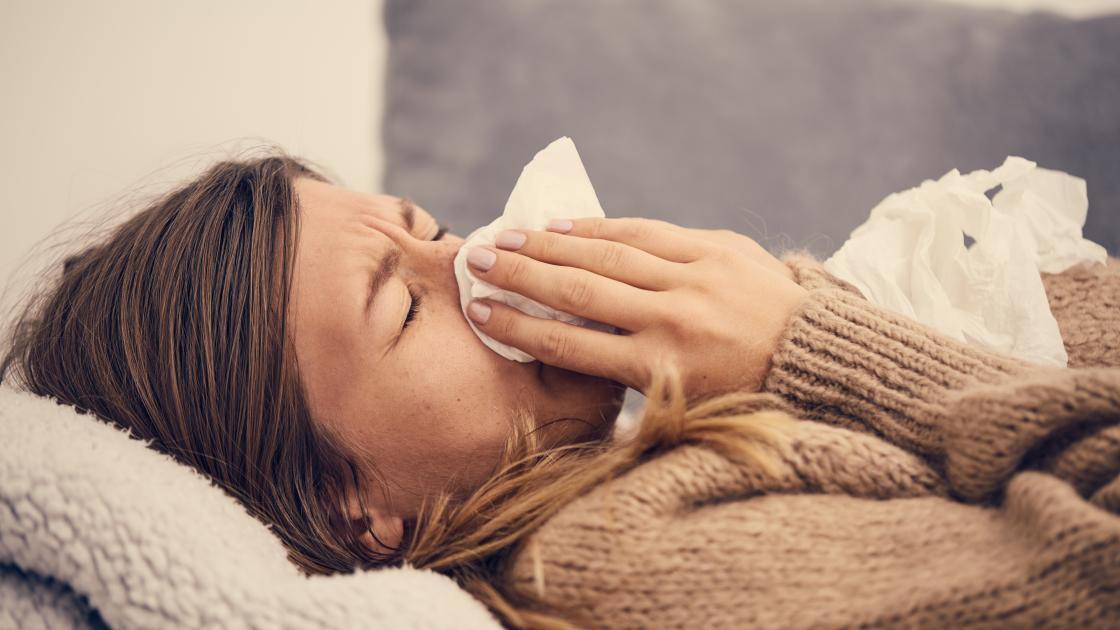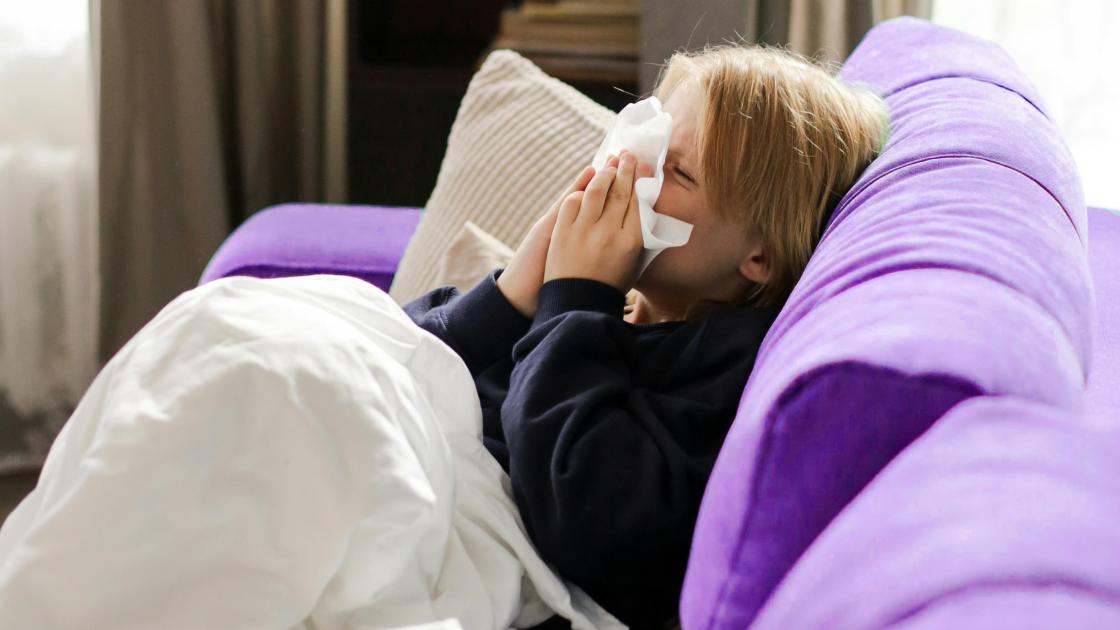
Travel well this holiday season: Tips to stay healthy on the go
As families reunite and friends gather, millions of Americans will take to the roads and skies this holiday season. The excitement of travel also brings an uptick in stress, disrupted routines and increased exposure to cold weather and contagious illnesses.
According to AAA, nearly 80 million Americans were expected to travel 50 miles or more over the Thanksgiving holiday period in 2024 — a number expected to rise again this year. The Transportation Security Administration also reported a record-breaking 3 million passengers screened in a single day last December.
With all that movement, staying healthy can take a back seat. SIU Medicine providers share their best advice for keeping your body and mind in top form this holiday season.
Before you go
Stay current on vaccinations
“Viruses tend to live more in cooler weather and people spend more time indoors around the holidays,” says Dr. Nichole Mirocha at SIU Medicine in Springfield. “Vaccinations remain one of the most effective ways to protect yourself and your family when you mix travel, indoor gatherings and winter weather.”
Make sure your flu shot is up to date. If you’ll be visiting older relatives or traveling internationally, talk with your provider about additional recommendations.
“Getting your annual flu shot helps your body build protection against the virus,” Dr. Mirocha says. “Not only does it reduce your risk of serious illness, but it also helps prevent spreading infections to those who are more vulnerable.”
Pack a travel health kit
Include your prescription medications, plus extras in case of delays. Add pain relievers, hand sanitizer, disinfectant wipes and basic first aid supplies.
Plan around your health conditions
“Before traveling or attending holiday gatherings, people managing chronic conditions like asthma, COPD, diabetes or heart disease should talk with their provider and check that family or friends they plan to visit aren’t sick or contagious,” Dr. Mirocha says. “Plan for rest days, keep your medications close and pay attention to your body. Don’t ignore warning signs if something doesn’t feel right. If anyone at a gathering is ill, wearing a mask can help protect others from getting infected.”
While you travel
Hydrate and stretch
Long flights or drives can lead to fatigue, dehydration or muscle stiffness.
Clean your space
Wipe tray tables, armrests and seat belts.
Mask up in crowded areas
Airports and train stations are prime places for virus exposure.
Dress in layers
Going from cold outdoors to warm indoors can stress your body’s temperature control.
Prioritize sleep
Even a single night of poor rest can lower your immune defenses.
“Travel is exciting, but it often means long days, less sleep and stressful conditions,” says Dr. Mirocha. “This added stress raises cortisol levels in your body, which can increase inflammation and weaken your immune system, making you more vulnerable to infections like the flu.”
When you get home
After the trip, give yourself time to rest and rehydrate before jumping back into your normal routine. If you develop a fever, cough or other symptoms, consider testing for respiratory viruses and reaching out to your provider, especially if you’ve been around older adults or infants.
The holidays are meant for connection and celebration. With a little planning, you can make sure they’re healthy ones too.



